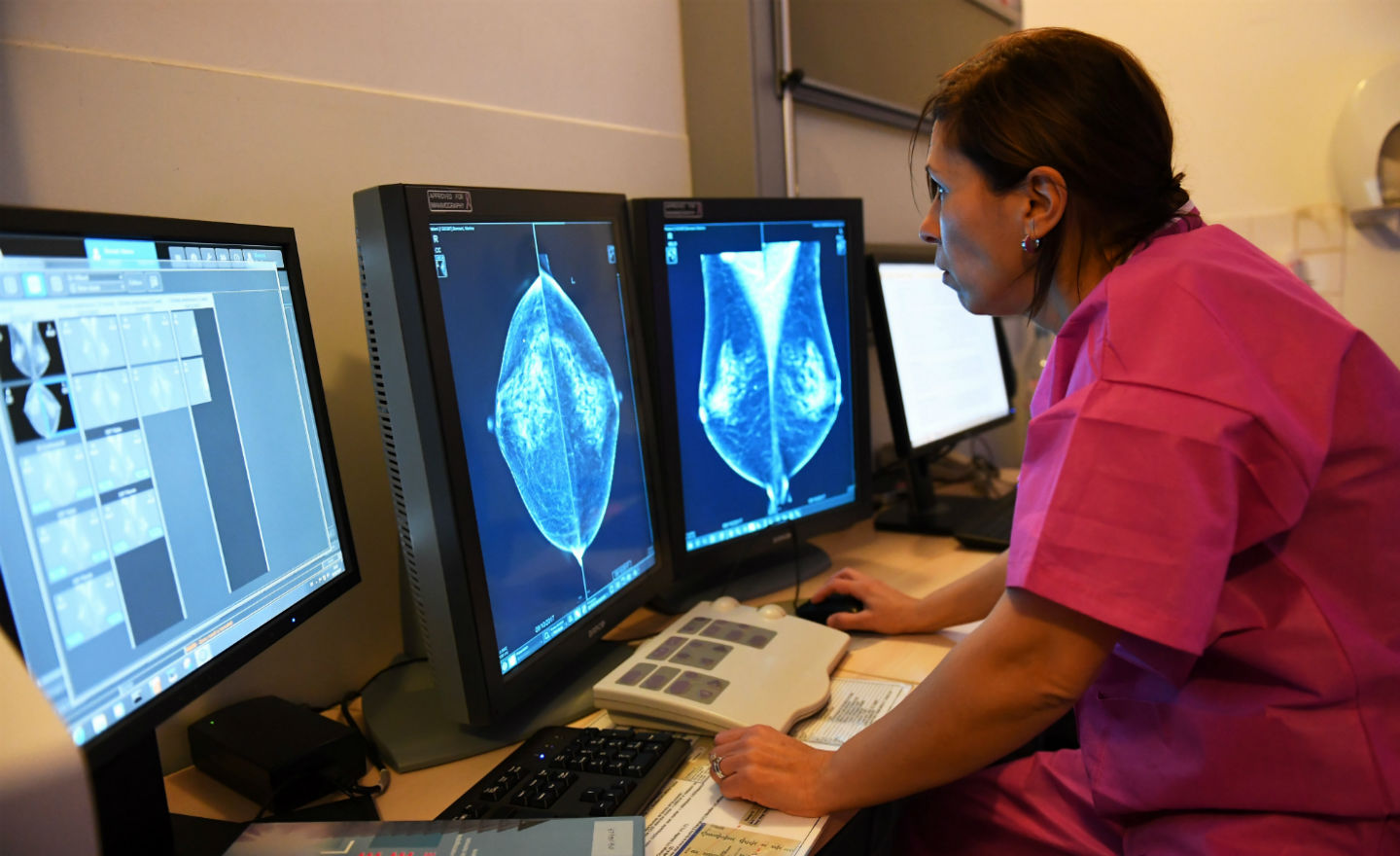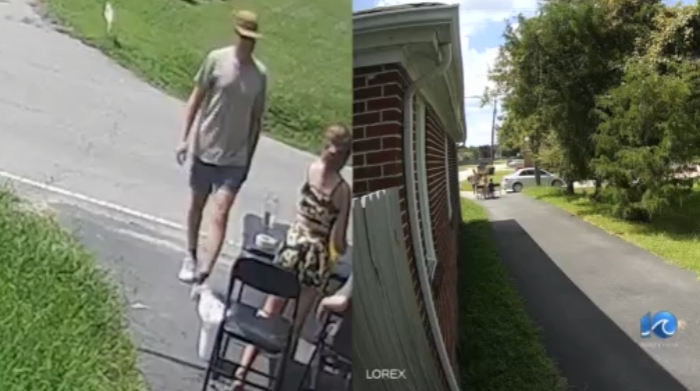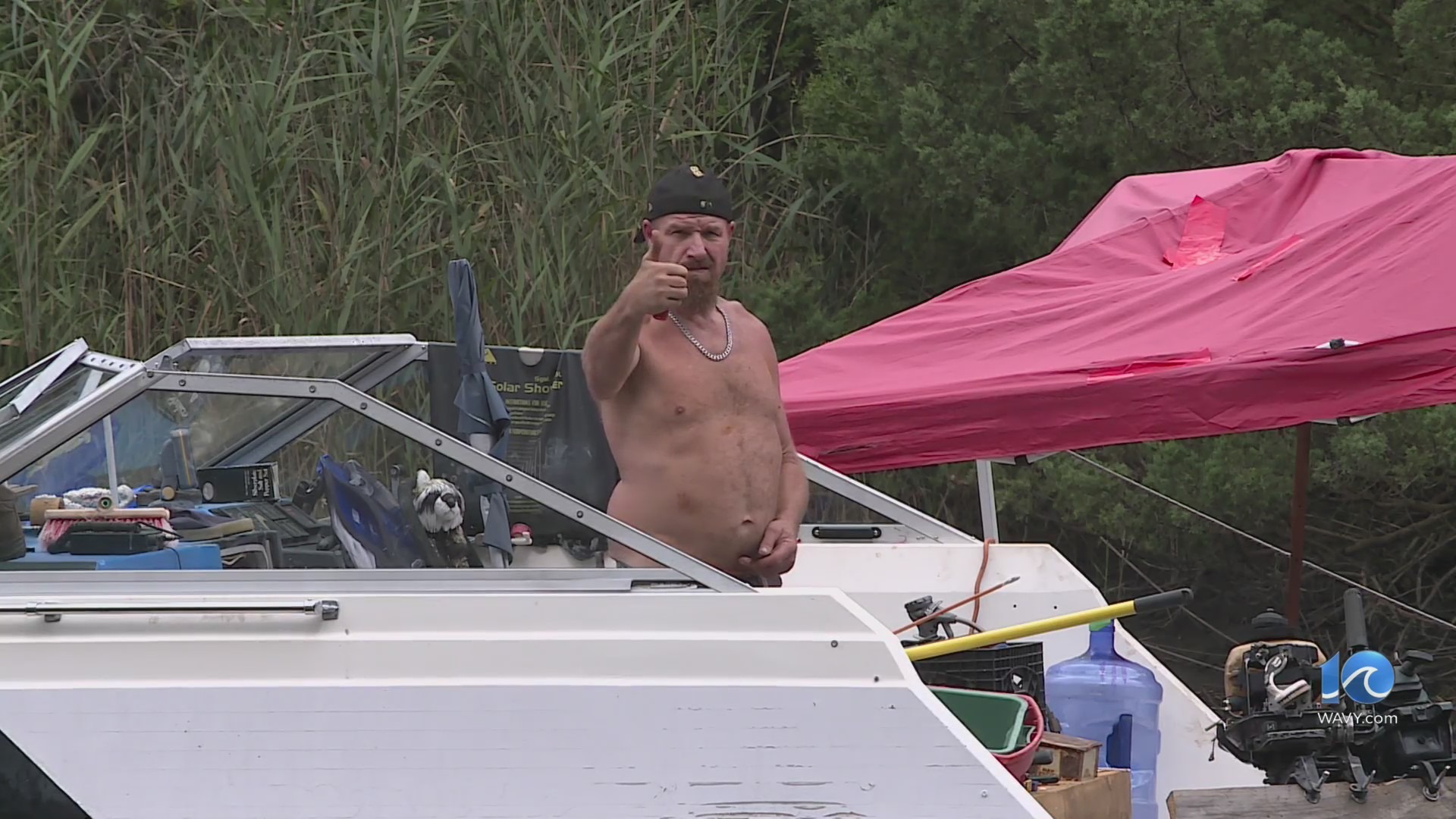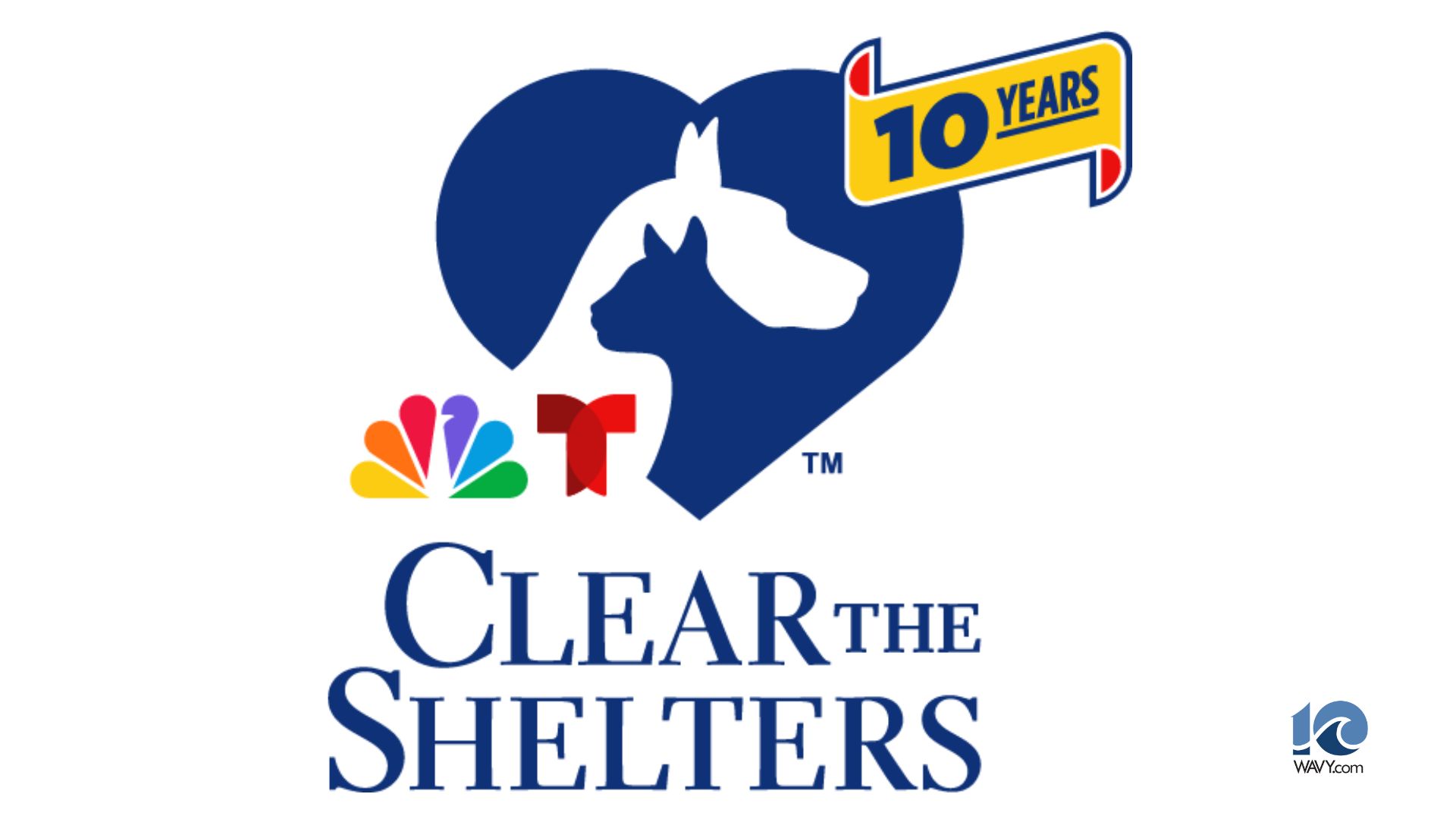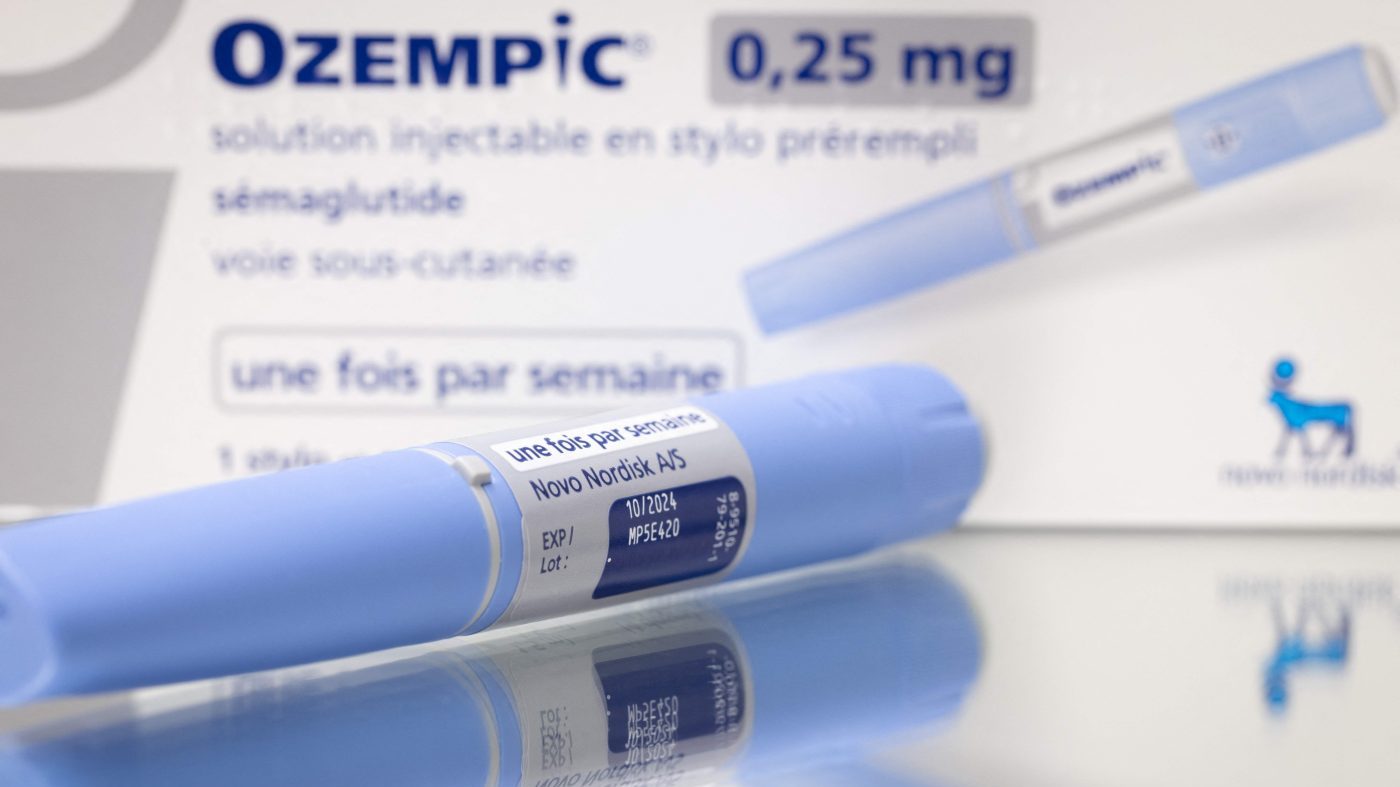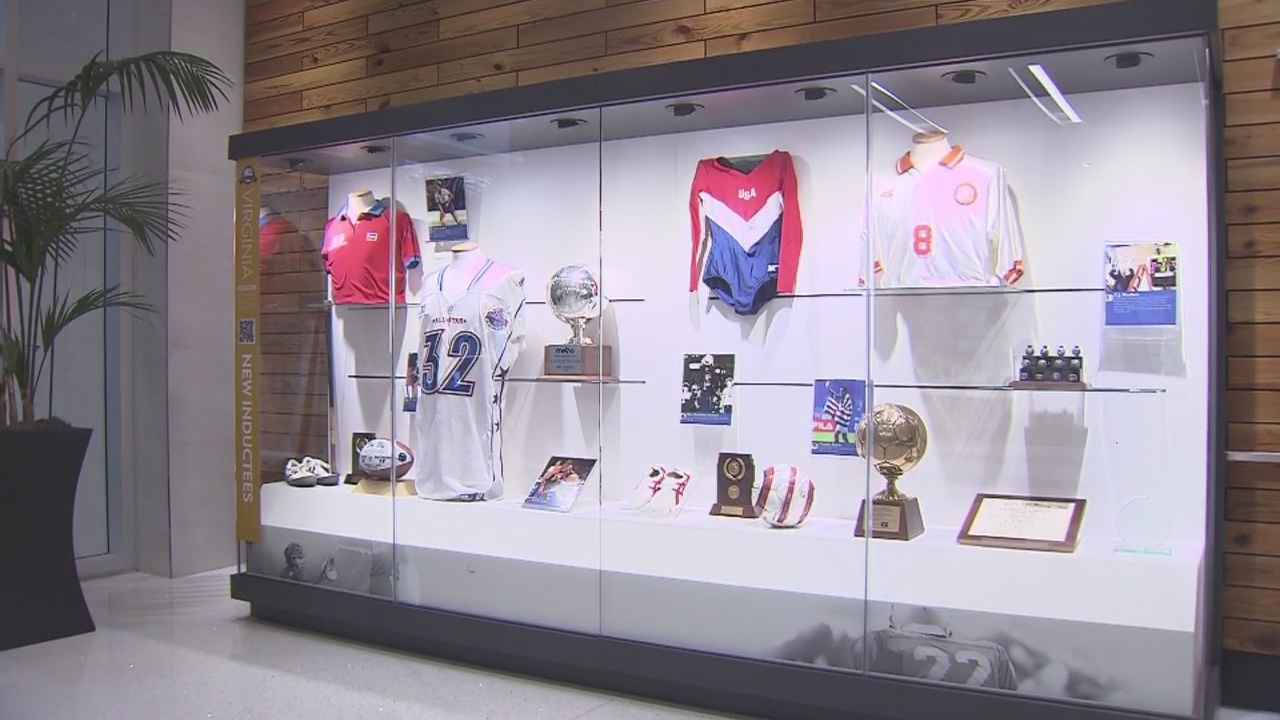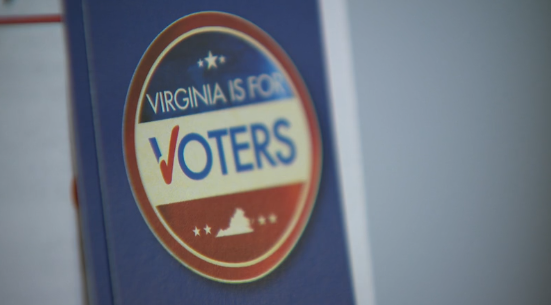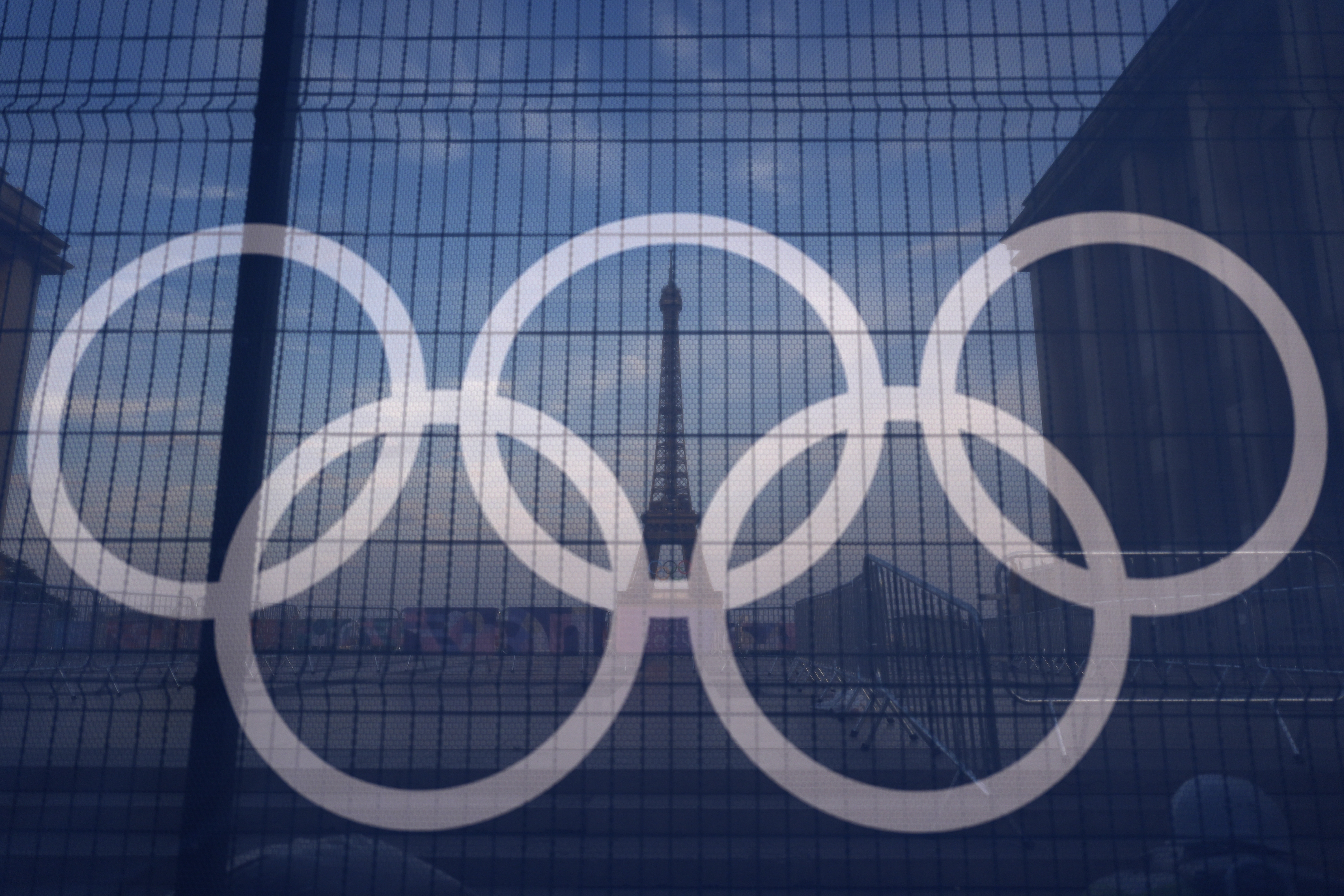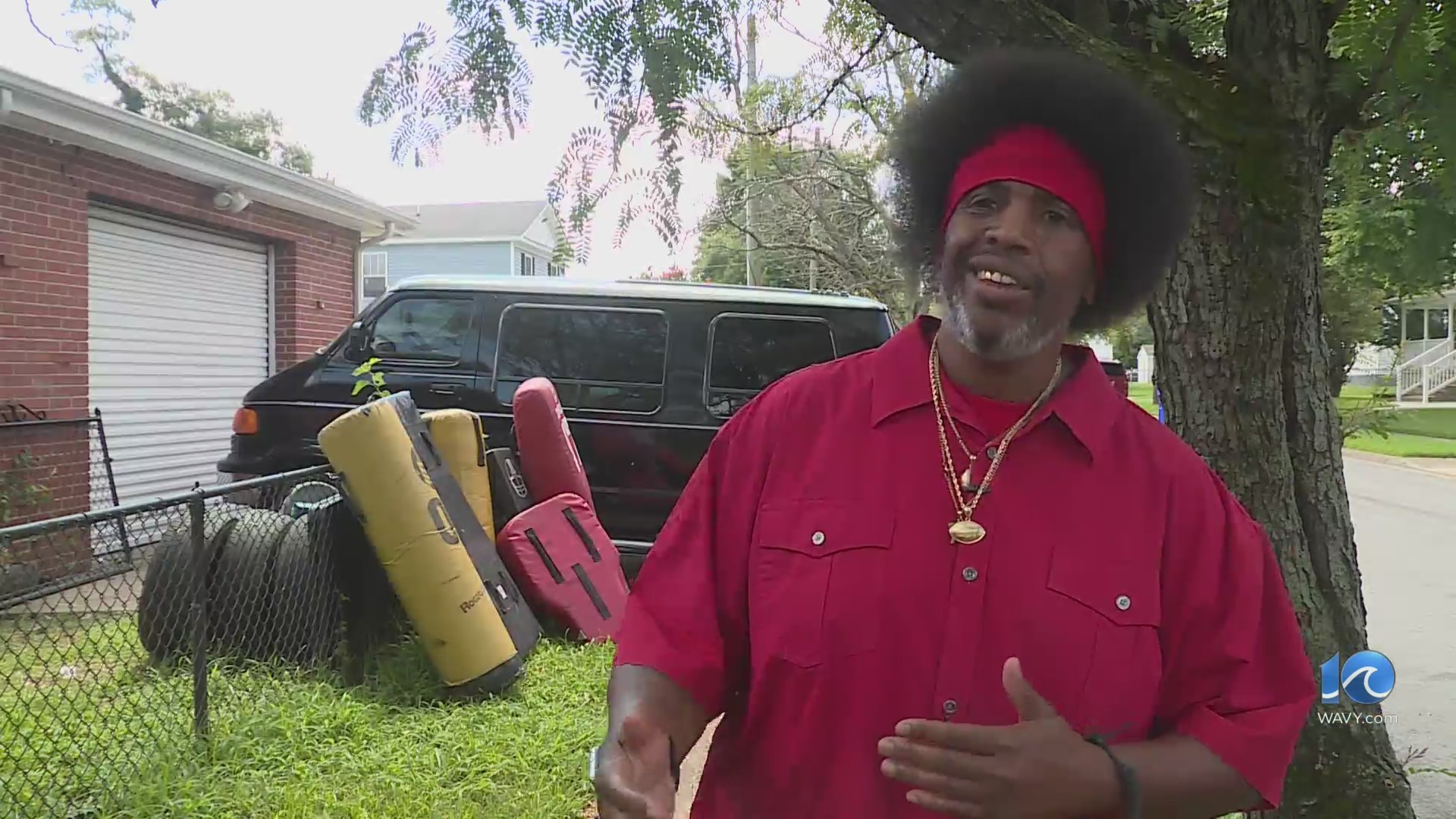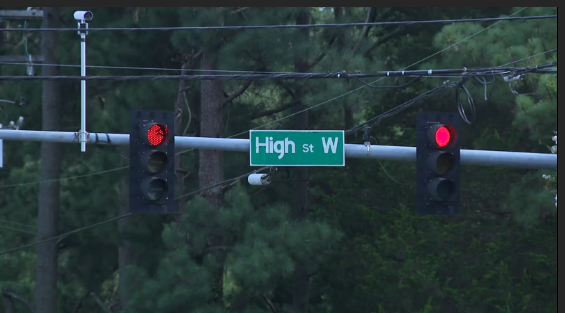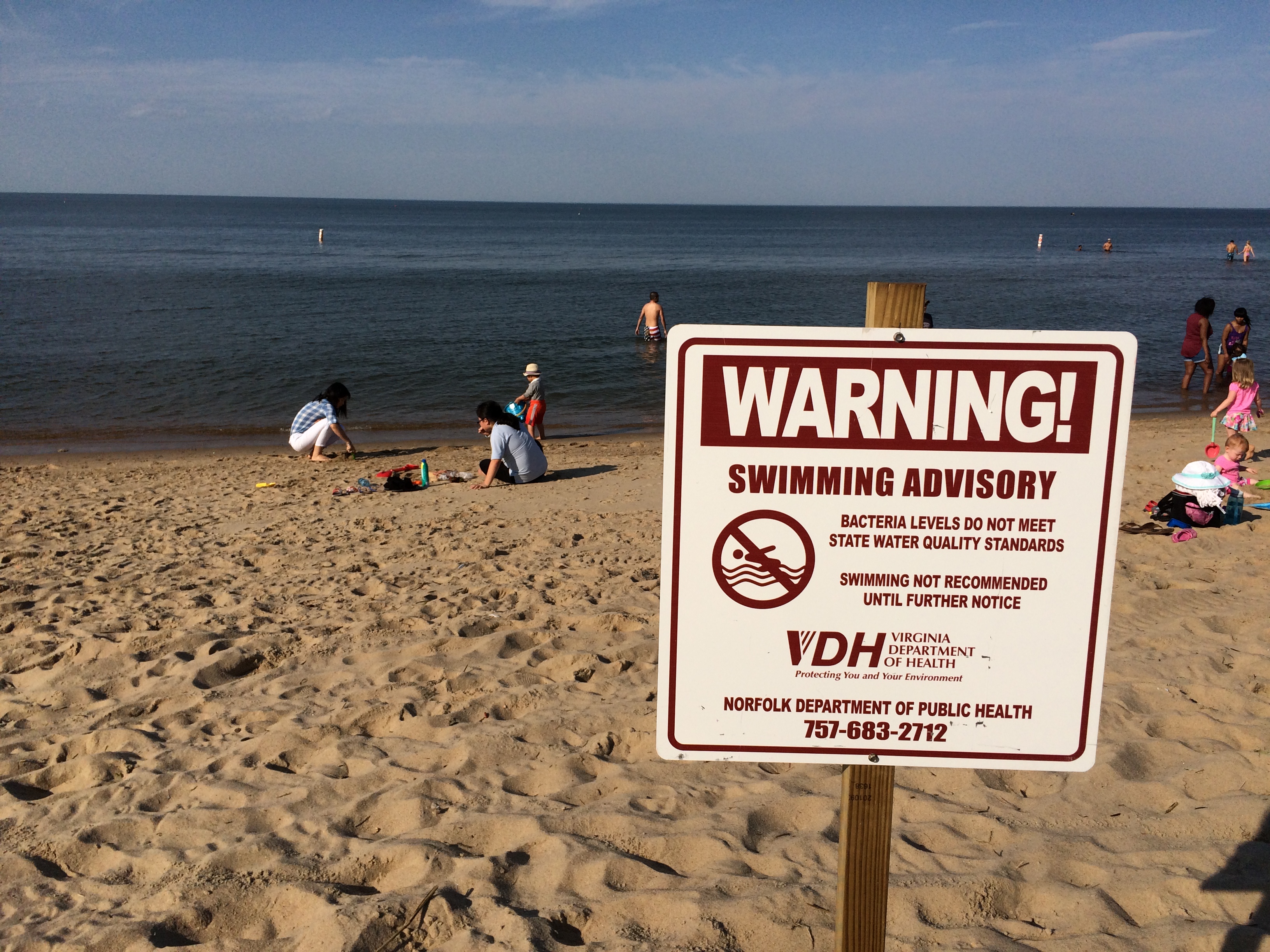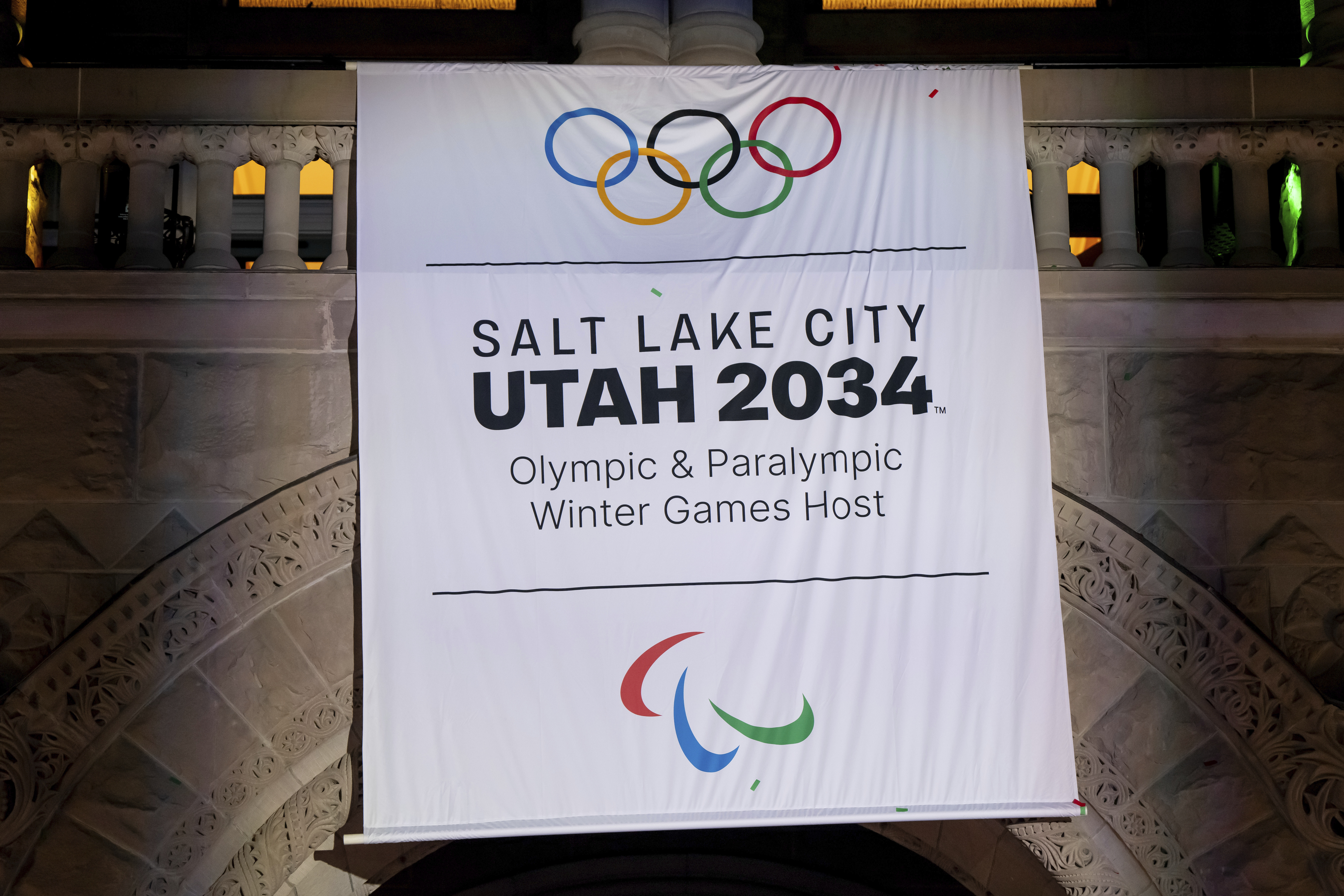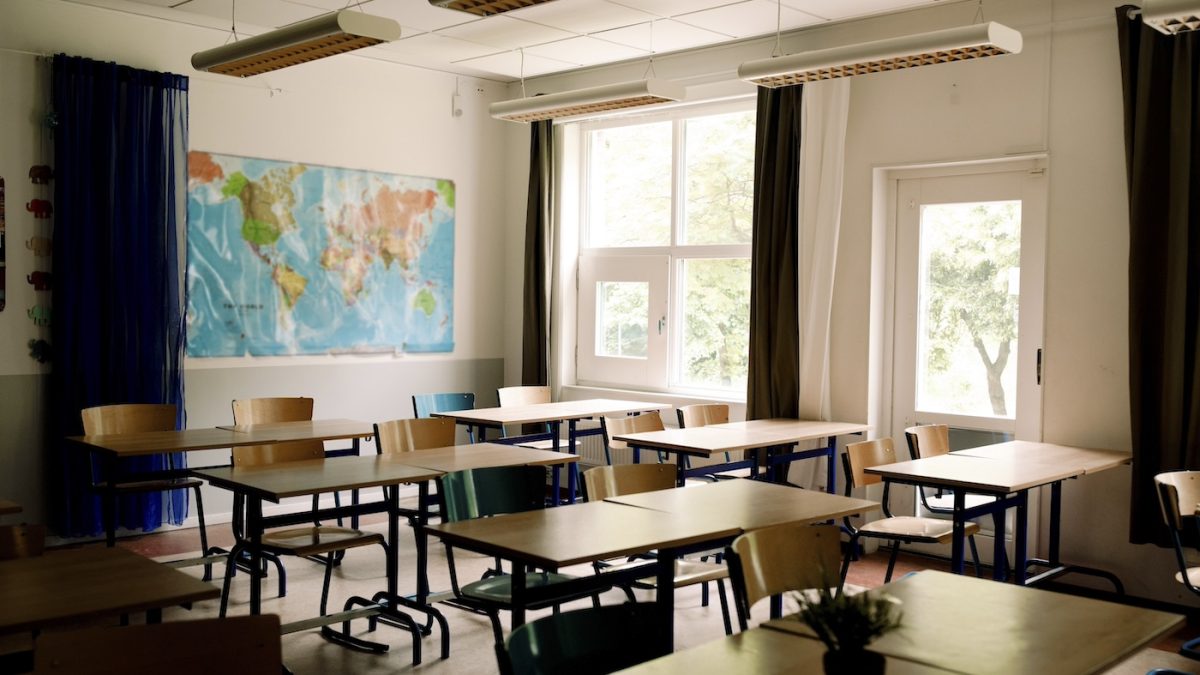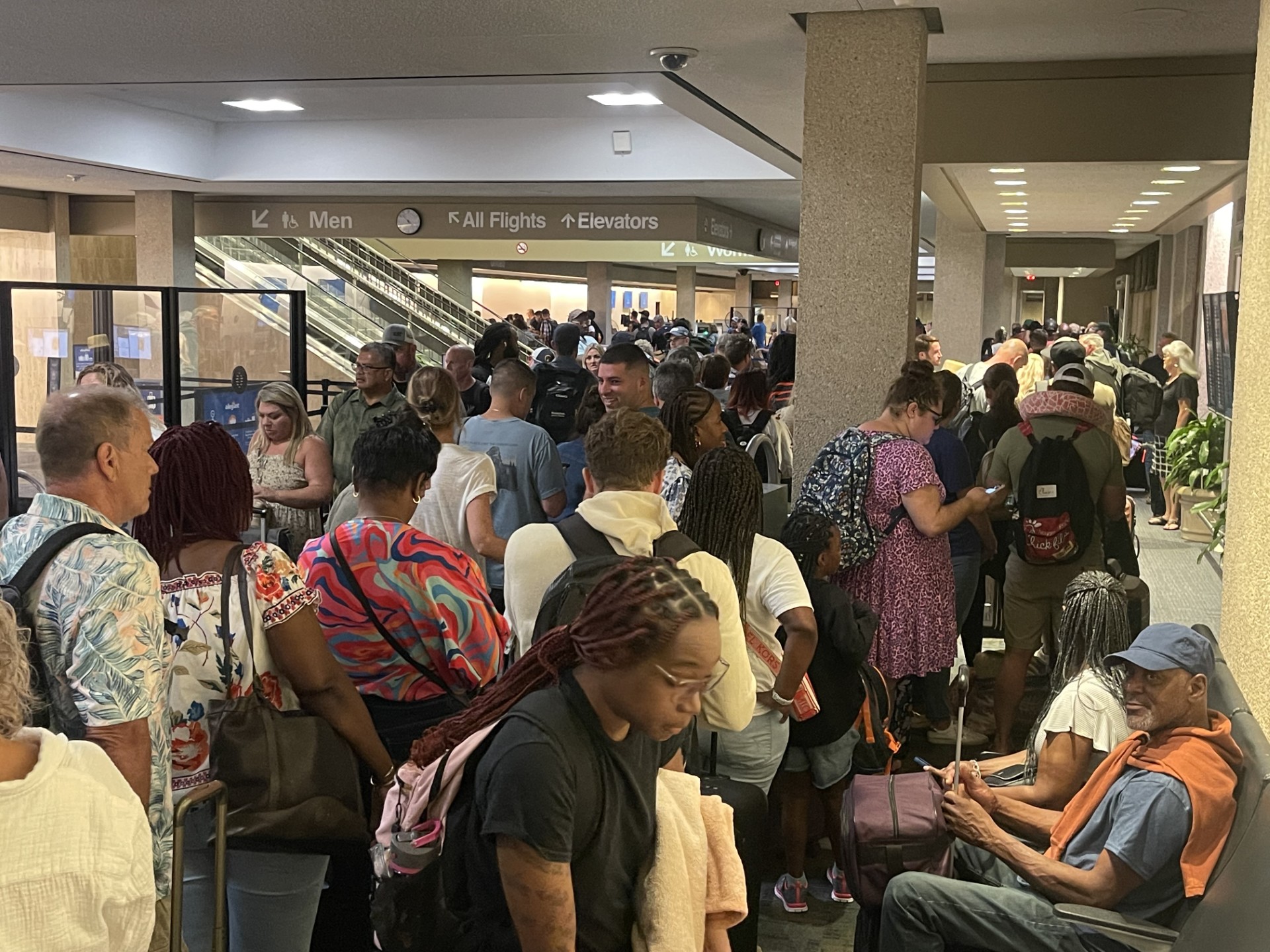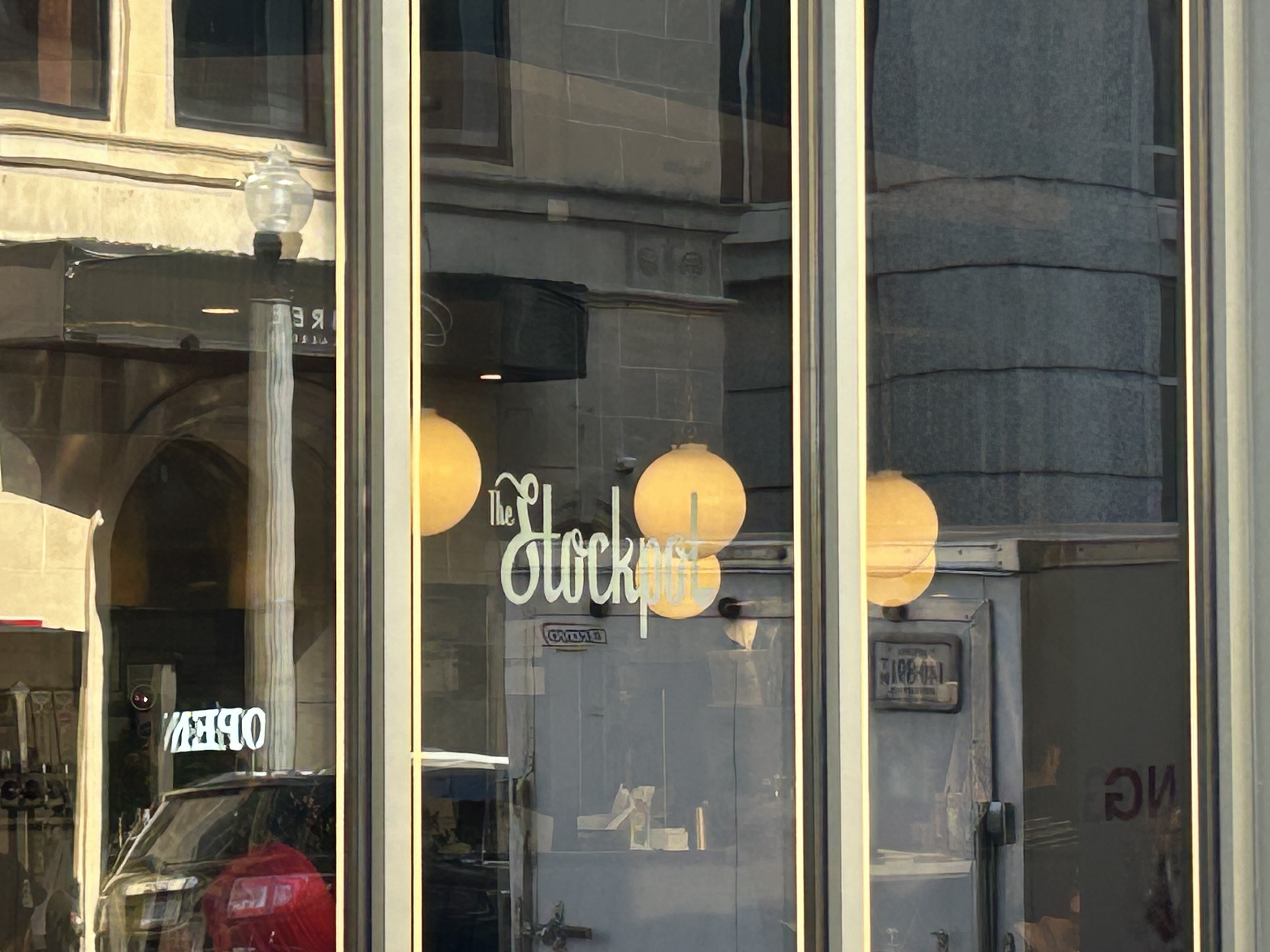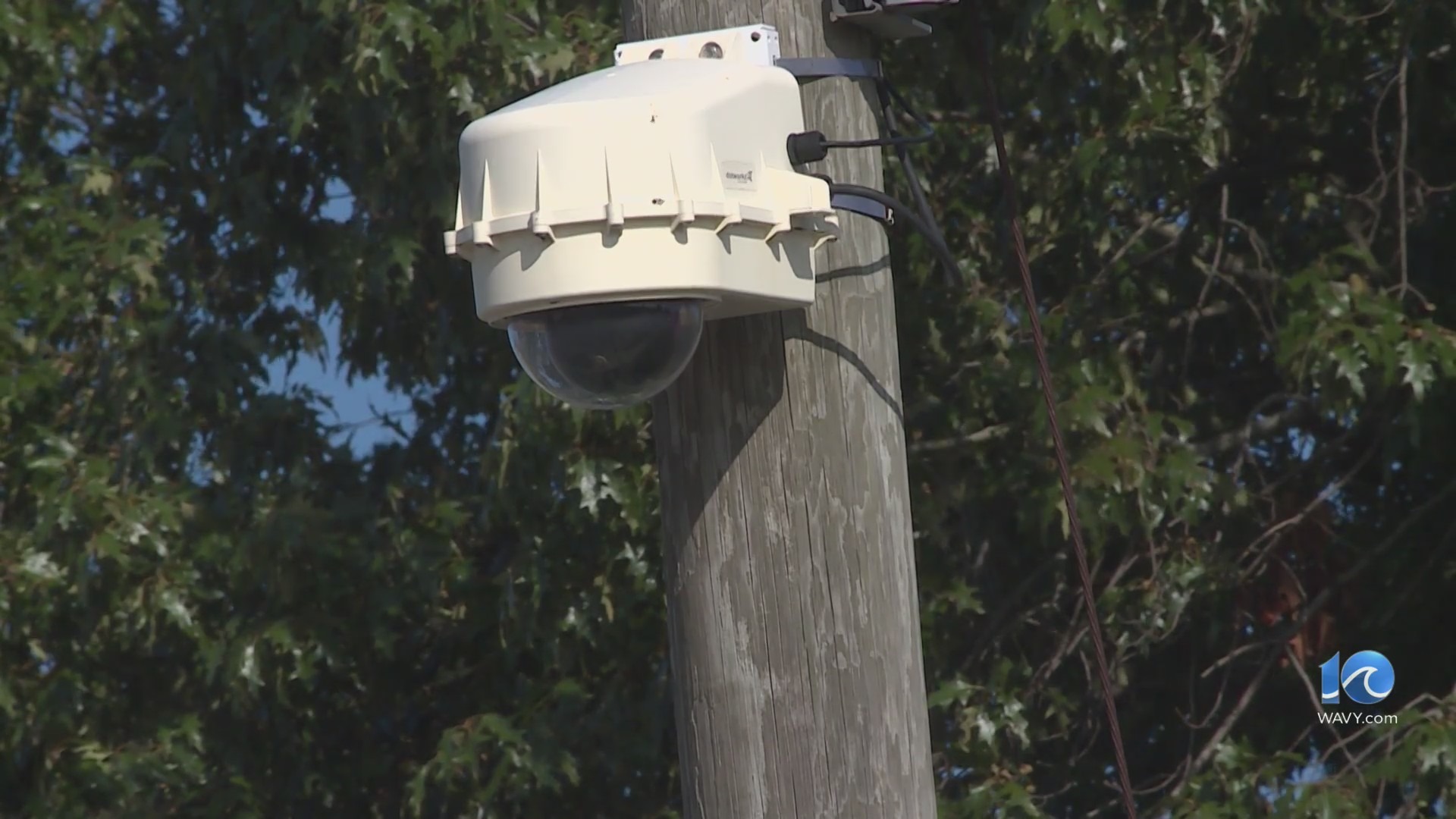RICHMOND, Va. (WRIC) — Nearly 3 in 4 Virginia schools would be considered “off-track” or in “need of intensive support,” according to a new accountability system approved by the Virginia Department of Education (VDOE).
The new system is essentially a separate piece of current accreditation evaluations. It categorically ranks schools based on their performances. The goal is to identify which schools need extra support.
However, the ranking element of this complicated system is prompting some pushback.
“Please don’t do this,” said one public education advocate at the Virginia Department of Education’s board meeting Wednesday night.
Despite the resistance, later in the meeting, the department nearly unanimously approved this contentious new way of evaluating schools across the Commonwealth.
“It will provide a truer picture of school performance, which will make it easier to target support to schools,” a proponent for the new system said.
Board consultants said this change aligns with federal rules and complements the state’s existing accreditation system. It ranks schools as “distinguished,” on-track, “off-track” or in “need of intensive support” — all based on factors like “mastery,” “growth” and “readiness.”
“If there were genuine new supports involved, I’d be fine with all of it,” said board member Anne Holton. “The problem is there are effectively no new supports attached to the system.”
Holton — the only dissenting vote — called the change terrible. She noted that, by the time the policy is enacted, coupled with the implementation of other policy shifts, an estimated 70% of Virginia schools could fall into the bottom two categories.
Multiple parents and school officials said the ranking system paints an overly bleak and cynical picture of the state of Virginia schools. Some added that it’s not fair to continuously move the mark for educators trying to adjust to ever-evolving policies and protocols.
“As soon as we get to a place where we understand what’s being measured and we’ve aligned our instruction to teach it and we’ve built in scaffolds for students who struggle — ‘oh, well, you know, we must be doing something wrong, so we have to change it’,” said a Spotsylvania school board member during the meeting’s public comment period.
For additional context, the U.S. News and World Report ranked Virginia the 10th-best state when it comes to education. The report said this statistic is based on test scores and graduation rates.
This notably promising accolade for Virginia’s public school systems was one of multiple referenced by attendees, who argued that VDOE’s newly adopted system unfairly labels — and almost shames — schools, particularly those in lower income areas and those where English is not the majority’s first language.
Supporters said it’s not about the labels — it’s actually about using the framework to identify areas that need help the most.
“With this new accountability framework, Virginia will finally live up to its responsibility to Virginia students, parents and communities — a proper disclosure of academic performance data,” said one supporter said at the meeting.
Meanwhile, opponents expressed fear that it holds the wrong people accountable.
“It’s children,” said a public education advocate. “Black children, brown children, immigrant children, poor children who don’t have the luxury of living in the most affluent communities. They are the people that you are going to ‘hold accountable’ by calling them and their schools failing. Over half the children in Virginia … that’s how you’re going to label them.”
The department will fully implement this new system in 2025.













































































